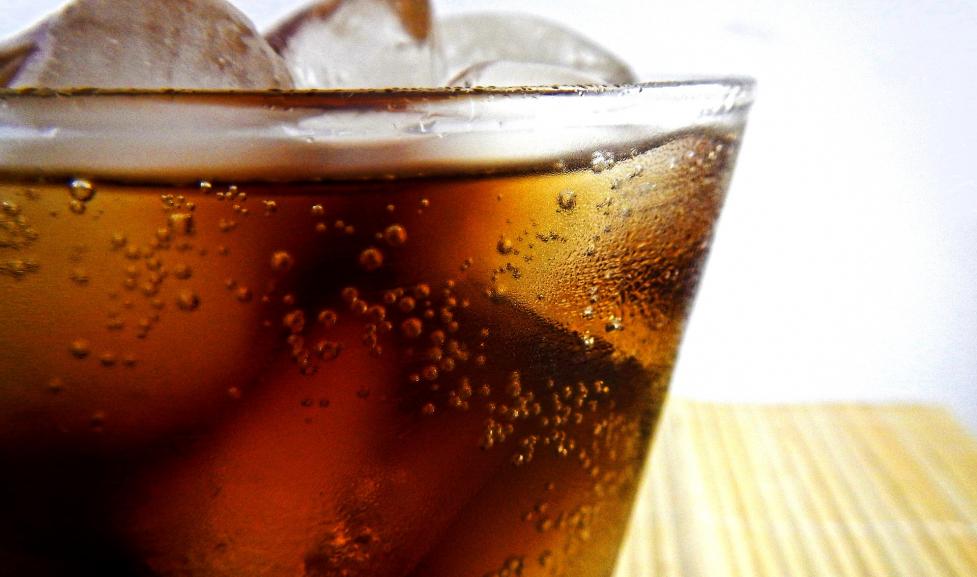On Nov. 8, 2016, the residents of Boulder voted to approve a tax on sugar-sweetened beverage products distributed within the city. While the idea originated at a grassroots level, city staff dedicated efforts to clarify how best to administer the new tax once the ordinance passed.
The sugar sweetened beverage tax is not a consumer sales tax
The SSB Tax, often nicknamed the "sugar tax" or "soda tax," is NOT a sales tax charged directly to the consumer. Instead, this excise tax makes distributors of sugar-sweetened beverages pay a tax applied to the drinks they distribute within the City of Boulder which contain at least 5 grams of added caloric sweeteners (such as sugar and high-fructose corn syrup) per 12 fluid ounces. This definition includes products like soda, energy drinks and heavily presweetened tea, as well as the syrups and powders used to produce them, such as the boxed syrup used to make fountain drinks. Certain drinks such as infant formula, milk products, alcoholic beverages and 100 percent natural fruit and/or 100 percent vegetable juice are exempt.
Consumers might see price increases in their sugar-sweetened drinks
Distributors are free to pass or not pass the added cost of the SSB Tax on to retailers. Likewise, retailers may or may not pass the cost along to their consumers. The SSB Tax is not a one-size-fits-all tax; however, it is charged at a rate of two-cents-per-ounce. As a consumer, you may or may not see a rise in the cost of your beverage of choice. For example, diet soda is exempt as it does not have added sugar, the subject of this tax. However, a coffee drink containing syrups and added sugar may have a price increase.
Boulder was one of the first US cities to pass this tax
Boulder was among the first U.S. cities to implement such a per-ounce tax on sugar-sweetened beverages. We're following closely in the steps and learning from the experience of Philadelphia and Berkeley (among the first cities to pass such a tax), as well as alongside other cities currently implementing similar taxes in Cook County, Illinois and Oakland and Albany, California. We're the first to admit we're learning as we go. City staff, along with the HEAC, will monitor administration of the tax and consider future revisions if significant issues arise.
